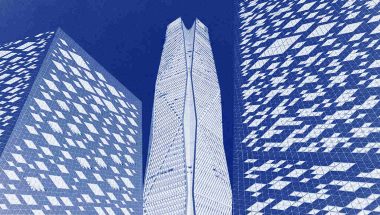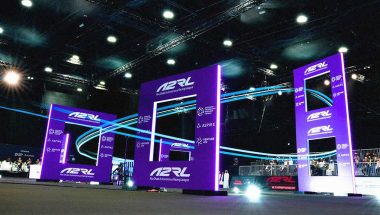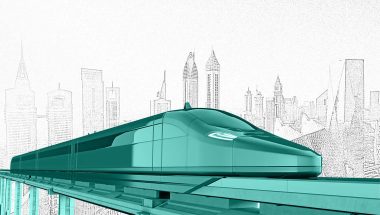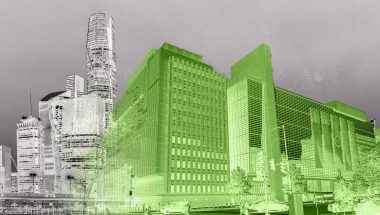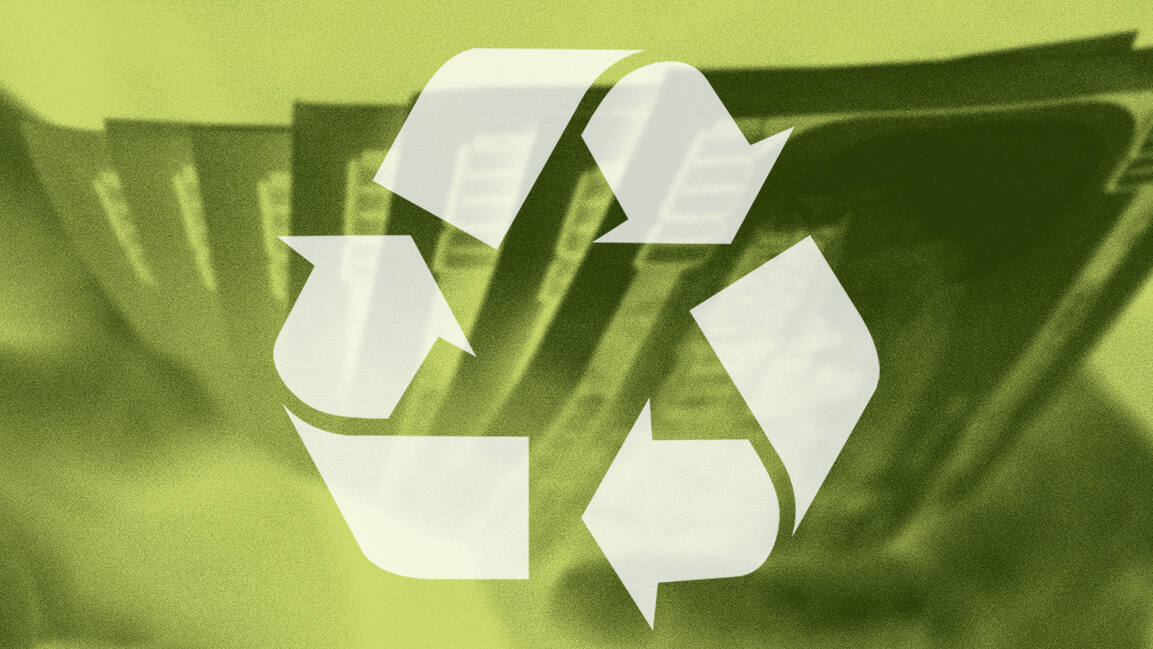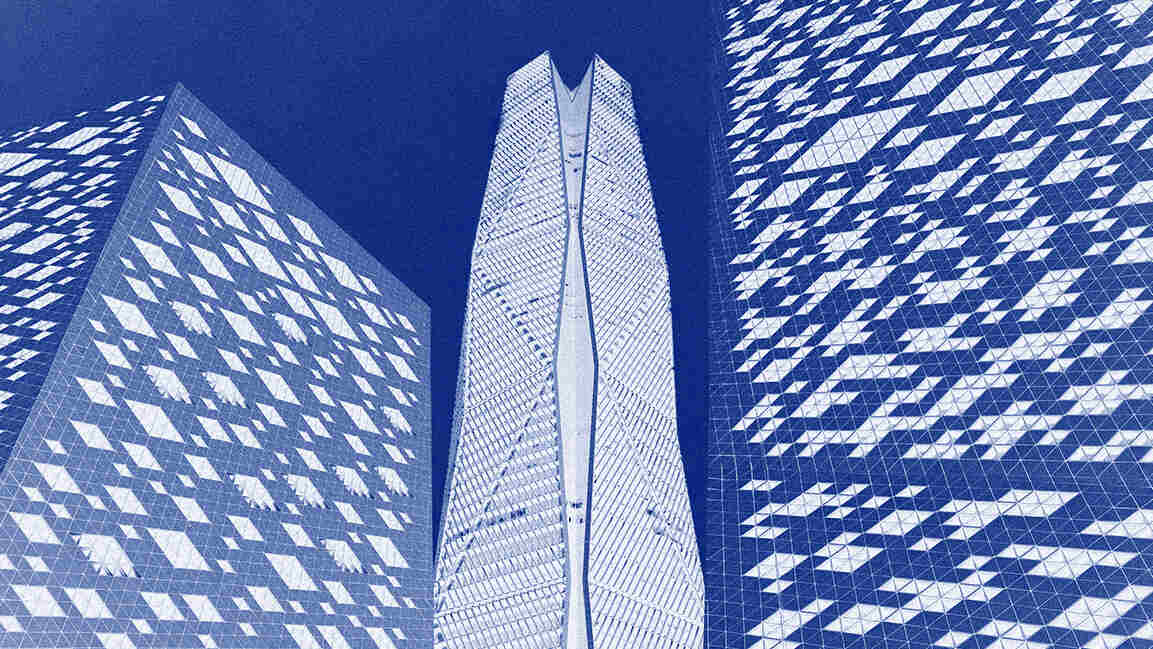- | 9:00 am
Taken a career break? How do employers in the Middle East view it?
Experts say women who take time off struggle to re-enter the workforce.
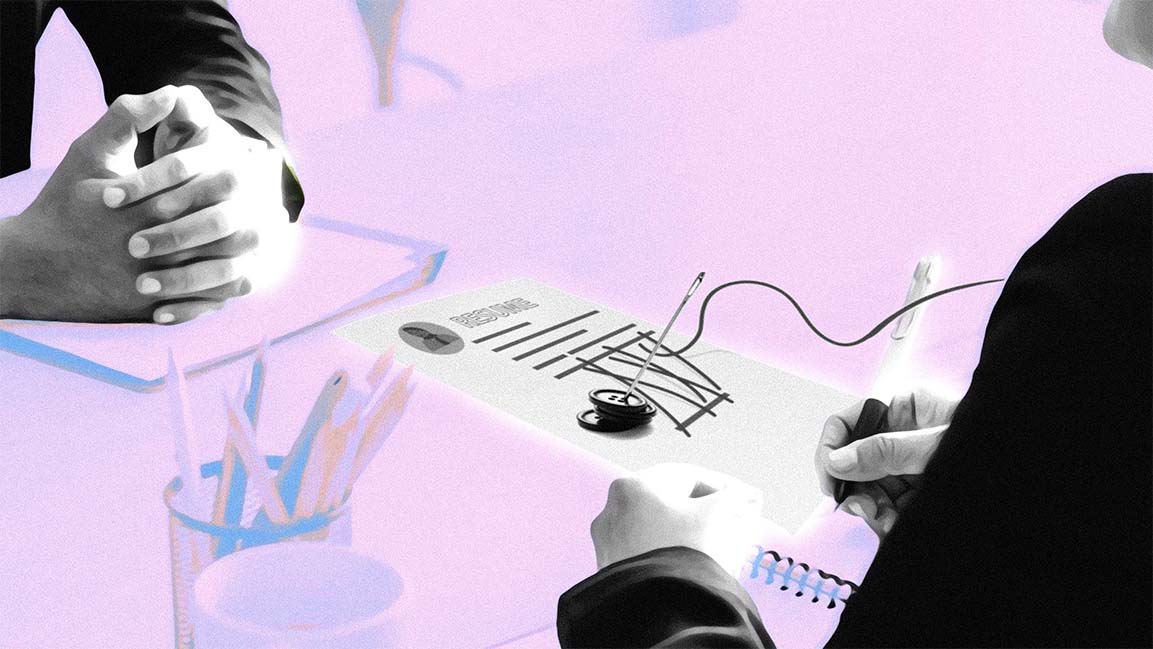
Do you think the employment landscape has shifted dramatically? Think again. As the Great Resignation swept across the Middle East, the “career break” came into sharp focus. Not because it is new—people, especially women, have been taking career breaks for many different reasons for many years. And, like before, employers still shy away from hiring someone with a gap in their résumé.
Often, the toughest criticism for a career break is reserved for women. “Women are disproportionately affected by career gaps. Existing gender inequalities, added to the time-out stigma, make it harder for women to transition back to work,” says Hind Sergieh, Founder at ArKub.
There is always a valid reason why someone steps away from the workforce. Deciding this is personal and always complex.
“People often take this time to recalibrate priorities in life so that when they choose to re-enter the workforce, they can do so with a better mind,” says Julie Nguyen, Co-founder of Crunchmoms. She adds that taking time out from work means having more time to develop personally.
Why are career interruptions treated as flaws by employers then?
THE RED FLAG?
From an employer standpoint, the first thing you would wonder is, what have they done all this time?
For a long time, Sergieh says, “employers viewed these interruptions as a red flag assumption of an individual’s poor performance or reliability.”
The gender pay gap is already troubling. And according to experts, taking a career break is one of the most significant reasons for the gender pay divide. Women who take time off to have children struggle to re-enter the workforce – employers often perceive women as less committed and ambitious than before having children.
However, post-COVID-19, employment gaps are becoming the norm as the talent war has become fierce.“We receive CVs with career gaps daily. What’s interesting is to see how they managed their time; many have completed certifications during the pandemic to acquire new skills, and others learned new languages,” says Sergieh.
FINDING WAYS TO STAY RELEVANT
Experts say women do so on purpose when they take an employment break. They rethink and reframe what work and time mean to them at some point in their careers.
“If educated and upskilled women are ready to re-enter the workplace; companies must consider offering them the high-value part-time or full-time positions they crave. It’s important to be open to flexibility and provide the support for them to succeed,” Nguyen says. When women achieve, they frequently put that energy back into the business. Thus it’s a win-win situation.
“We have women who have taken anywhere from three months to 15 years break from the workforce only to return to better positions where they are doing extremely well.”
After taking 15 years off from her job to raise her three children, Nguyen recalls, a woman joined a top global consulting firm as head of staff.
As the head of R&D at an FMCG company, another woman started a business during her maternity leave. When she returned to work, Nguyen said, “Her company gave her an extra day off every week to concentrate on her child and her business.”
However, these are a few examples. There needs to be a systemic change.
IT BEGINS WITH CV VETTING
Companies and recruiters need to remember that a CV is just a summary and never does justice to showcasing a person’s capabilities.
“This is something where HR should step in and push and coach hiring managers to look beyond the gaps and focus on competence and past achievements. But, at the same time, be unbiased about how women will deal with personal emergencies post having a baby – if the gap is due to the same,” says Ammandeep A Kaurr, Founder & CEO at HTrust Consulting.
Nguyen says CVs are great for showcasing specific skills; however, networking and meetings are often more impactful. “The more people — prospective employees or employers – network, the better the vetting process is.
“We are training, upskilling the female workforce, and coaching them to find the right job opportunities. We’re also curating and hosting intimate networking sessions for women to get to know each other and better increase their chances of getting hired,” adds Nguyen.
A SHIFT IN MINDSET
In the Middle East, a sizable untapped market of highly educated and competent women seeking employment exists. Experts say corporate businesses must reevaluate their internal procedures to attract talent.
A shift in mindset is needed.
“Post-COVID employees are focusing more on their physical and mental well-being and are taking career breaks to rethink and rejuvenate. They also are more transparent about the reasons for such breaks as they expect the employers to understand and respect the same,” Kaur says.
Experts say groups, as well as individuals, must support those who have taken a career break. Manpower Group research shows that 84% of millennials anticipate lengthy career pauses.
“Be more open. Companies must shift their mindset to examine what they gain through the candidates’ career gap. These breaks can help reshape people for the better and, through their lived experiences in these periods, can add value to the conversations brands want to create with their audiences,” Sergieh says.
“Businesses will eventually have to accept the concept of flexibility more than they do now,” she adds. “Why not begin right now?”








